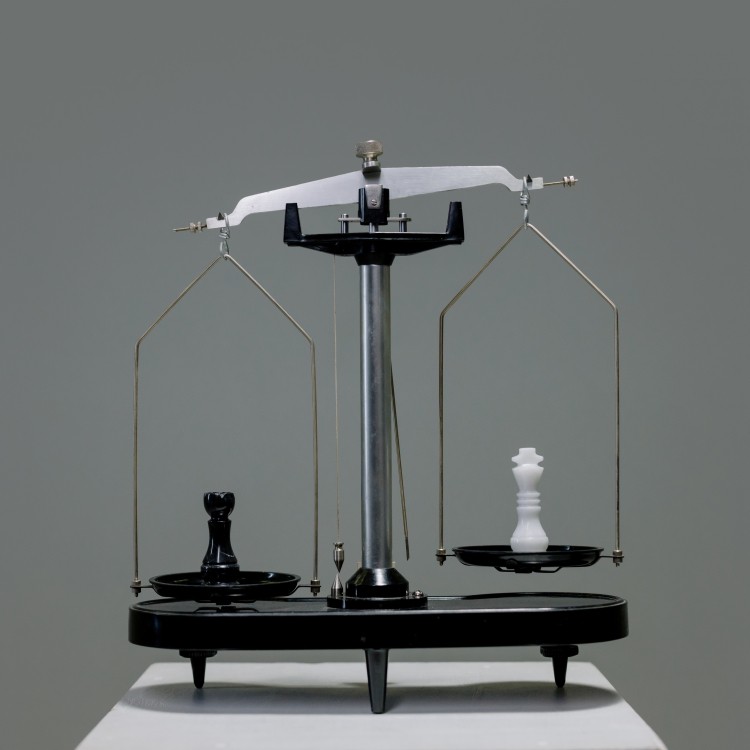

Clinical trials: confidentiality restrictions for patients or public prior use? | T0670/20
Background
EP2140867 was, inter alia, opposed on the ground of lack of novelty in view of prior public use. The appellant opponent [AO] alleged that the performance of phase IIa and IIb clinical trials, as discussed in prior art documents D19 and D20, led to the distribution of the tablets to participating patients during the clinical trials. The clinical trials described in D19 and D20 had started before the priority date of the patent and the trials involved the use of edoxaban tablets according to claim 1 of the Main Request.
Public prior use
Although AO did not contest that the investigators involved in the trials were bound to confidentiality and could as such not be considered as part of the public that had access to information about the internal structure of the used tablets, they held the opinion that the patients enrolled in the study were. AO set out that, as discussed in D29 and D30, the tablets under investigation during the clinical trials were provided to the participating patients who were discharged from hospital before the end of the treatment period. The latter was not contested by the respondent-patentee.
AO submitted that the trial participants were to be considered members of the public that would have been able to determine the ingredients of the tablets used in the clinical trials for edoxaban. Moreover, the patients were according to the opponent not bound by any confidentiality agreement. The patients were asked to return any leftover medication; however, the opponent argued it was unlikely that all patients would comply with this request.
The respondent set out that the clinical trials were carried out in accordance with the EMEA Guidelines for Good Clinical Practice explicitly requiring adherence to the prescribed protocol and assurance of drug accountability; in view thereof, the investigators should monitor treatment compliance by taking account of the unused medication returned by the patients that were discharged from hospital. The respondent argues that the participating patients who were provided with the tablets under investigation, provided their informed consent and thus entered into a special relationship with the investigators of the trials. With regard to the provided tablets these patients were not members of the public that could freely dispose over these tablets.
The assessment of the ground of lack of novelty in view of the trials described in documents D19 and D20 therefore crucially depended on whether the patients who received the tablets are to be considered as members of the public who were free to dispose over the provided tablets and thus theoretically in a position to investigate the internal structure of the tablets.
The Board notes that the patients' agreement obliges the patients irrespectively of any sanction on non-compliance and therefore disqualifies the patients as members of the public with respect to the medication provided to them. The possibility of non-compliance to the instructed use and return of the tablets by the participating patients does not affect the essence of this agreement.
Other Case Law
In T 7/07 the competent Board concluded that apparently the sponsor of the trial had effectively lost control over the drugs after these had been handed out to the participants of the trial as members of the public who were not bound to secrecy. The Board found that the circumstances of the present case differed from that of T7/07; in the present case the tablets were not provided to the participants of the trial as members of the public.
Accordingly, the Board agrees with the finding in the decision under appeal that the public did not gain access to the claimed tablets during the trials reported in documents D19 and D20 and that the main request therefore complies with the requirement of novelty.
Decision of the Board
The main request was found to comply with the requirements of the EPC and the appeal was dismissed.
Summary written by the NLO EPO Case Law Team






